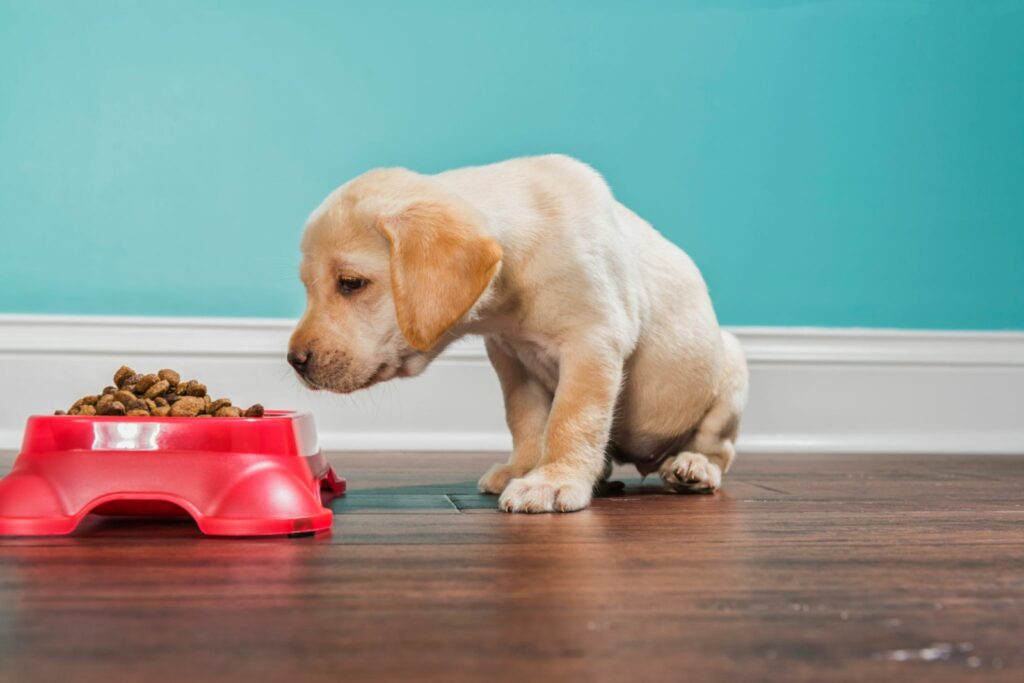Pet Food Safety
As pet owners, we consider our furry companions as members of our family. Therefore, it’s crucial to prioritize their health and well-being, starting with their diet. Ensuring pet food safety is not only about choosing the right products but also about proper storage, handling, and feeding practices. In this comprehensive guide, we’ll delve into the essential steps every pet owner should take to keep their beloved pets safe and healthy.
Choosing the Right Foods:
Selecting the appropriate food for your pet is paramount to their overall health. Different pets have varying nutritional requirements based on factors such as age, size, breed, and activity level. Consult with your veterinarian to determine the ideal balance of protein, fat, vitamins, and minerals for your furry friend. Whether you’re choosing dry kibble, wet food, or raw diets, opt for reputable brands known for their quality ingredients and adherence to safety standards.
Storing Pet Foods:
Proper storage of pet foods is essential to maintain their freshness and nutritional value. Invest in air-tight containers that seal tightly to keep moisture and pests out. Store these containers in a cool, dry area away from direct sunlight, as heat and light can accelerate food spoilage. Always adhere to expiration dates and guidelines provided by the manufacturer to ensure food safety. Regularly clean and sanitize storage containers to prevent the buildup of harmful bacteria.
Inspecting Food Quality:
Regularly inspecting your pet’s food is crucial to ensure its quality and safety. Clumping, moisture, mold, or foul odors are indications that the food has gone bad and should be discarded immediately. Check canned foods for consistent texture and color before serving them to your pet. Damaged food containers should also be avoided, as they can compromise the integrity of the food inside. When purchasing pet food, examine the packaging for any signs of damage or tampering.
Safe Handling Practices:
Practicing proper hygiene when handling pet foods is essential to prevent the spread of bacteria and disease. Wash your hands thoroughly before and after handling pet food, especially if you have small children, seniors, or individuals with weakened immune systems in your household. Monitor young children closely to ensure they do not mishandle pet food and potentially put themselves at risk. Avoid cross-contamination by using separate utensils and surfaces for pet food preparation.
Feeding Guidelines:
Consult your veterinarian for feeding recommendations tailored to your pet’s specific needs. They can advise you on appropriate portion sizes and feeding schedules based on factors such as age, weight, and activity level. Be mindful of any changes in your pet’s appetite or behavior, as these could indicate underlying health issues that require attention. Avoid overfeeding, as obesity can lead to a variety of health problems in pets. Provide access to fresh water at all times to keep your pet hydrated and healthy.
Conclusion:
Ensuring pet food safety is a crucial aspect of responsible pet ownership. By following the guidelines outlined in this comprehensive guide, you can help prevent health complications and ensure the well-being of your beloved companion. Regular veterinary check-ups and open communication with our veterinarian are also essential aspects of maintaining your pet’s health. At Ánimal Hospital of Aurora, we are committed to providing comprehensive care for your pets, including guidance on proper nutrition and food safety practices. Together, we can keep your furry friends happy, healthy, and thriving.



